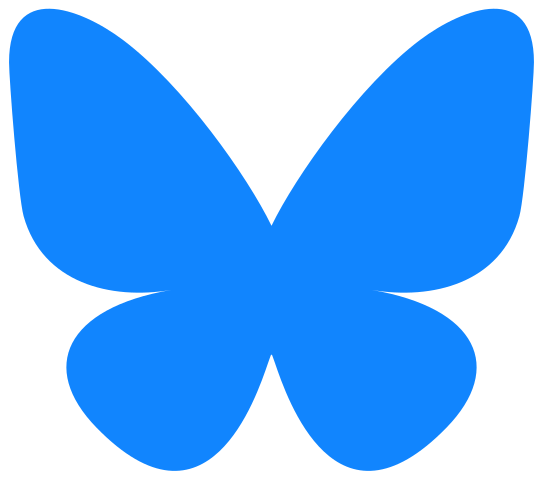By Olga Shvetsova, Binghamton University
Flipping pages in a library is out, as is retaining and synthesizing volumes of abstract information, let alone the memorization of hard facts. There are now buttons for all of that. In fact, the youngest among us, those who were academically reared in the age of Google Scholar, may not even be aware that the flipping of pages was ever a thing.
Summers always bring out in me the existential worry, which is thankfully belayed during the academic year by the soothing materialism of teaching. That existential worry is now heightened by the rapid improvements in the quality of publicly accessible AI engines (I am not familiar with the specialty or individually trained models). What am I now—or more specifically, do I still add value to the intellectual enterprise? And will I, a year from today?
I am going to assume that I do, in order to have some starting point, and then proceed to find it. We like new technology when it frees us from the boring parts of our work and leaves us the parts for which we are valued the most. We all become Luddites if technology frees the world instead from its reliance on us. So, a little technology is good; too much technology is bad—where too much is defined as the point at which we are no longer bringing in any value. Since we cannot defeat AI, I must find my value added.
Mostly, what we do in academia is create knowledge. There are many steps to creating knowledge, and many have been or are being automated. The reading and writing skills may soon follow paper books, typewriters, and penmanship mastery into oblivion. The fundamentals of knowledge creation, though, are these: asking a question while already anticipating an answer and then laboring to make that answer (or some version of it) generally convincing. It seems like a tautology (though is a machine even capable of producing one?), and how are we not disturbed by this thing about having a pre-existing answer…
Could it be that our fears and frailties make us reach out beyond what is known, and that when we reach, we sometimes leap? Are we able to entertain multiple theoretical possibilities rather than choosing the one that is best supported because of desperation and fear? Maybe vulnerability is the essential component of discovery, and our value is in our vulnerability. We create the path of knowledge development by going off the rails.
Another possible explanation for our creative uniqueness might lie in our origins. Perhaps we have some special innate ability. How is the difference between us created? Is it due to the combinatorics in DNA construction, or to entropy in our cellular development, or to how environmental variation has programmed us? One wants to believe that there is more to it—that we are fundamentally unique and thus carry the sacred individual purpose or meaning.

